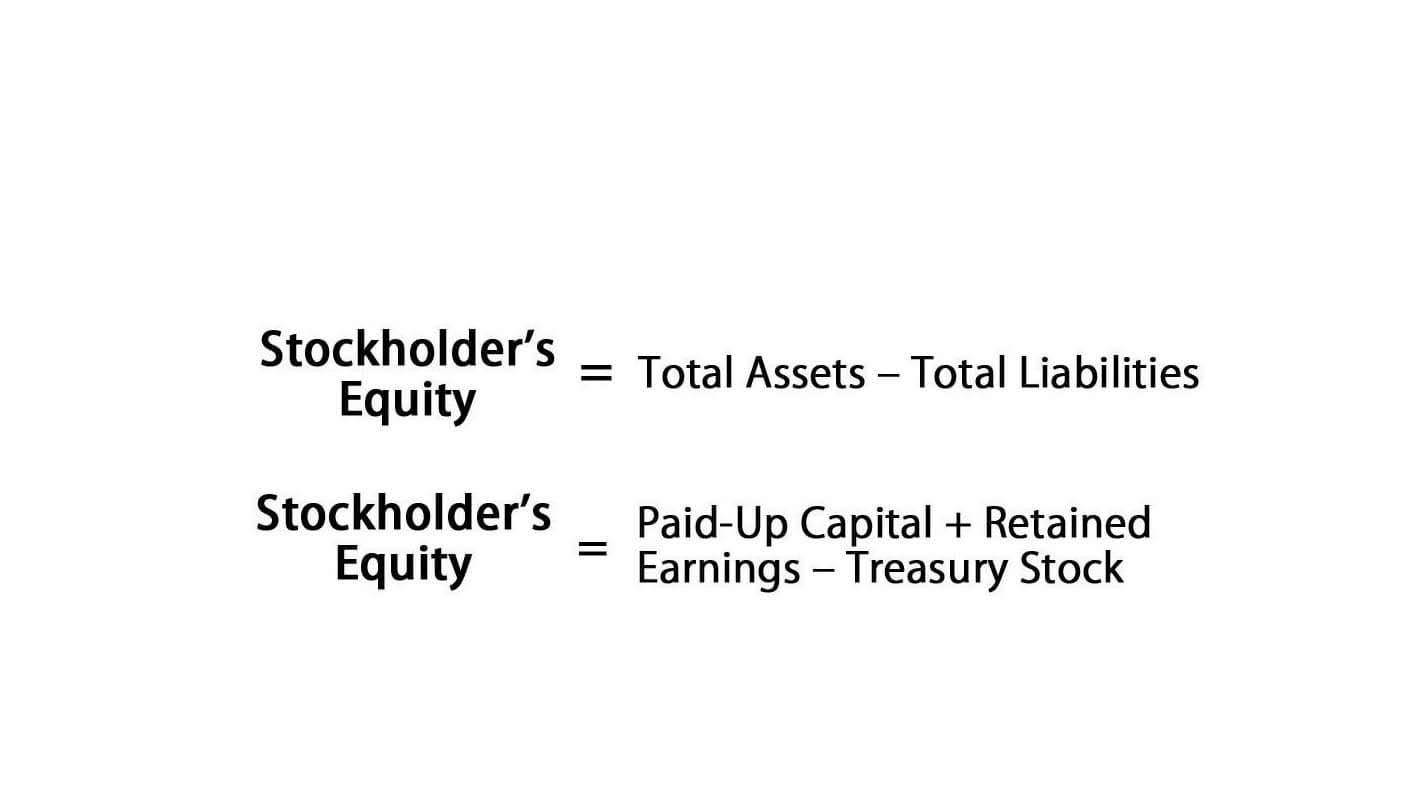No products in the cart.
Real Estate Taxes vs Property Taxes: Understanding the Differences

More confusingly, you might also hear the term “property taxes” when speaking about the taxes that you will pay on your future home. Property taxes are used to fund many services and initiatives that impact everyday life. Property taxes finance local balance sheet government programs such as police officers, fire fighters, libraries, road maintenance, community pools, and community activities. These services and projects provided by property taxes benefit the community where you live. The levy or tax rates are set by local governments and authorities and will vary depending on where the property is located.

Short-term and long-term capital gains tax rates

The state with the lowest real estate tax in 2022 was Hawaii, with an effective real estate tax rate of 0.26%. New Jersey had the highest property tax of any state in 2022, with an effective real estate tax of 2.08%. Home improvements can increase property taxes, as taxes are based on the assessed value of the home. Significant improvements, such as adding square footage or upgrading major systems, can raise the property’s value—and therefore its property taxes. These savings can help homeowners afford larger or better properties, and they often stimulate economic development by encouraging property improvements and new construction.

Determine Assessed Value
- In other cases, you can add them to your monthly mortgage payments when you buy the home.
- Personal property includes tangible items that are not permanently attached to land, such as vehicles, boats, or business equipment.
- In this case, you will get a bill with the appropriate info — be sure to confirm the accepted forms of payment.
- Growing discontent with rising property tax burdens does not negate the point that property taxes are better aligned with local preferences—quite the contrary.
- Your real property consists of the land you own and any structures attached to it that factor into the property’s value, like your house.
- Let’s be honest, mulling over the definition of property tax and how to calculate it just isn’t the most fun thing to think about.
Tax Abatement is real estate taxes available to homeowners and developers, and programs range from 85% to 100% for 15 years of tax abatement, depending on the project, as of 2024. Rehabilitation or new construction must occur within Cleveland and be completed under a valid and accurate permit issued by the City of Cleveland Department of Building and Housing. If you have an investment somewhere that imposes these taxes, you must file a Business Property Statement (or something similar) each year. After that, an assessor determines the collective value of your personal property and the tax office sends the bill. Typically, investment property is assessed at its “highest and best use.” In general, that’s the most profitable use of the property. But it also must be legally permissible (e.g., no zoning or deed restrictions that would preclude that use of the property), physically possible, and financially feasible.
Table of Contents

Another type of tax that homeowners and investors might owe is capital gains tax. You trigger this tax if the proceeds from selling your property are greater than its cost basis. Estimates show that 30%-60% of properties in the U.S. are over-assessed, which means you could be paying too much in taxes. If you think the assessor made a mistake, you can appeal your home’s assessed value.
- Any improvements made to a property during the abatement period may increase the property’s assessed value.
- When property taxes are unpaid, the taxing authority may assign a lien against the property.
- The purpose of assessment limits is to constrain increases in individual homeowners’ tax burdens caused by rising home values.
- The Tax Cuts and Jobs Act passed in 2017 limited the SALT deduction to $10,000.
The escrow account holds a portion of your monthly mortgage payment and then automatically pays your tax bill when it is due. You can opt out of putting your taxes in escrow each month and just pay them on your own, but most homeowners don’t go this route. The close proximity to supercharged cities like New York, as well as the fact that land is scarce in this small state, creates an enormous annual tax bill for residents. Combined with the fact that property values are high, property owners have both a hefty monthly mortgage payment and intimidating tax returns.

A tax is assessed on an individual’s primary residence, second home, rental property, and other real estate they may own, such as commercial property. Property tax is not assessed to renters in homes, apartments, or condos. Most areas around the country offer these exemptions to make owning a home more affordable.
- In common usage, property tax refers to a tax on immovable possessions like structures or land.
- One of those expenses is property taxes, which are computed on an annual basis and paid to your state and municipality.
- One, however, was purchased in 1975 (the base year for Proposition 13 calculations), while the other was purchased in 2023.
- Undeniably, however, property taxes are very old, and well attested throughout classical antiquity.
- But there are also personal property taxes, which are different than real estate taxes because they can be imposed on movable assets such as cars, boats, planes, and machinery.
- Bankrate.com is an independent, advertising-supported publisher and comparison service.
These types of real property are generally taxed at rates determined by local governments based on assessed value, and they are distinct from personal property, which may fall under a different tax category. Yes, property taxes could be deductible if the property you own is your primary residence or a vacation home. If you own an investment property, you could deduct the property taxes against any earned rental income. Next, the government will multiply the assessed value of your home by your area’s property tax rate. Tax rates vary depending on where you live, so the numbers could look very different across https://www.bookstime.com/articles/tax-filings the country.
Contact Vincere Tax And Start Saving Money With Your Taxes.
- Property taxes are typically calculated by multiplying the assessed value of a property by the local tax rate, which varies by location.
- Local governments set a tax rate, also known as a millage rate, which is a numerical multiplier attached to the value of a property and is used to calculate the local property taxes.
- But if it’s mostly a benefit tax, then much of the cost of the tax will redound to the property owner in benefits.
- City, county, and school districts levy property taxes on properties within their boundaries.
- The IRS uses the term “real estate tax,” but most people call it “property tax.”
- Many governments exempt goods like groceries; base broadening, such as including groceries, could keep rates lower.
As one would expect, property taxes have a significant impact on the overall cost of owning a home. This affects everything from monthly expenses to long-term affordability. While it’s appealing to promise that no homeowner’s tax bill will rise above some set amount, it’s not really a property tax if it’s no longer tethered to the market value of the property. More valuable properties should face higher property tax bills than less valuable ones, in proportional terms. The key is to ensure that neither property’s taxes skyrocket just because valuations rise. They do this in a variety of ways, such as by freezing or rolling back assessment increases, or, more commonly, by setting a cap on the maximum rate of assessment growth per year.

